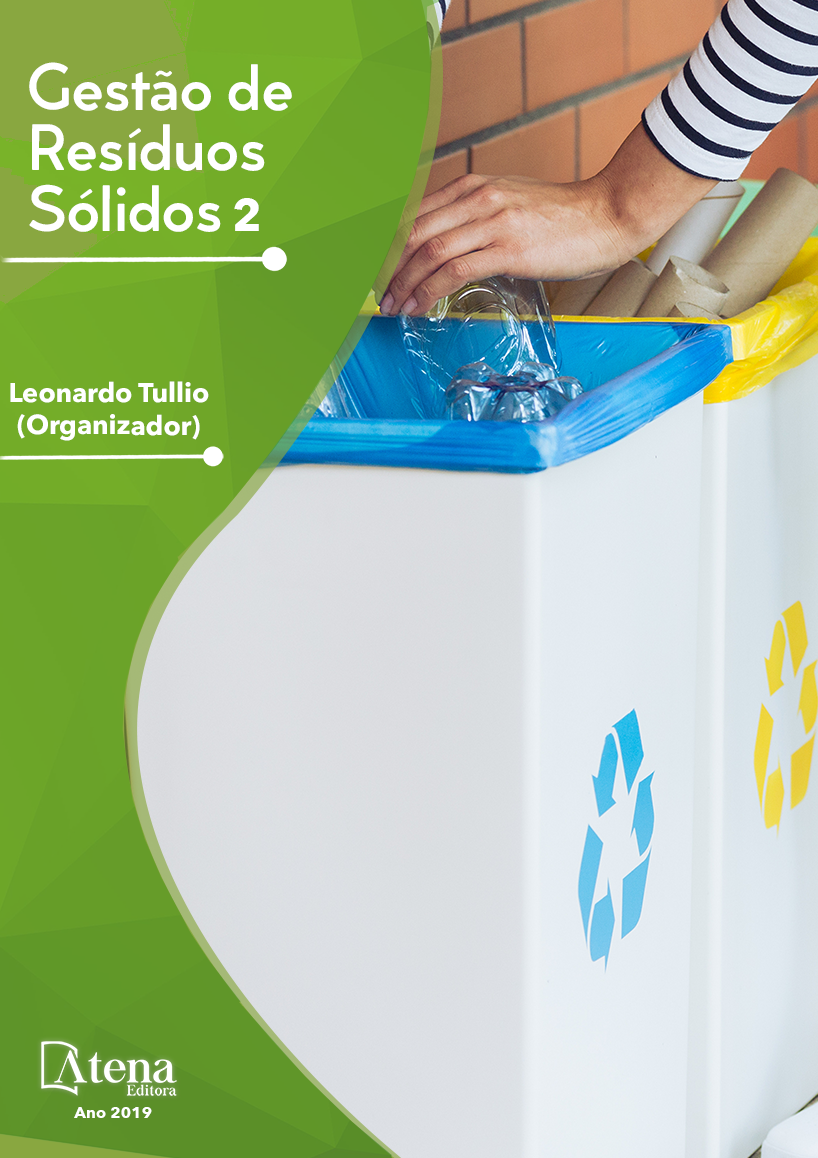
USO DE RESÍDUOS DE CELULOSE NA MELHORIA DA EFICIÊNCIA ENERGÉTICA DE EDIFICAÇÕES RESIDENCIAIS
Os impactos ambientais impostos
pela atividade antrópica têm crescido nas últimas
três décadas e intensificar nos próximos 20
anos. Entre as questões mais alarmantes estão
o aumento da geração de resíduos, o consumo
de energia e a relevância na gestão das águas
(OECD, 2002). Um dos maiores desafios da
sociedade moderna está centrada na geração
e fornecimento de energia elétrica. Um dos
elementos que mais tem contribuído para o
crescimento desta demanda é a climatização
de ambientes residenciais e comerciais, sendo
que os países em desenvolvimento tendem a
responder pela maior parte do crescimento.
A maneira mais eficiente de se economizar
energia é evitando o seu consumo, desta forma,
fazer o reaproveitamento de matéria prima já
beneficiada pode reduzir a demanda por energia,
bem como evitar a extração de novos recursos.
Observa-se que diversos países utilizam
materiais celulósicos como isolante térmico
e que estes apresentam bom desempenho
relativamente ao isolamento térmico e acústico.
Kappler et al., (2015) propuseram o uso de
resíduos celulósicos da indústria gráfica com
carga de resíduos da indústria moveleira, ou
seja, resíduos de papel misturados com pó
e serragem de MDF (Medium Density Fiber)
formando um compósito. Como demonstrado
pelos autores, o uso destes materiais permite
a valoração dos resíduos em novos produtos
e processos, permitindo ainda a redução no
consumo de energia elétrica para climatizar
ambientes. A simulação realizada com o uso
do software EnergyPlus® mostra o quanto de
energia podese evitar consumir para manter
uma edificação na temperatura de conforto
desejada para o clima da região de Porto Alegre,
Brasil.
USO DE RESÍDUOS DE CELULOSE NA MELHORIA DA EFICIÊNCIA ENERGÉTICA DE EDIFICAÇÕES RESIDENCIAIS
-
DOI: 10.22533/at.ed.8861914033
-
Palavras-chave: Reciclagem, Climatização, Eficiência energética.
-
Keywords: Recycling, Air-conditioning, Energy efficiency.
-
Abstract:
The environmental impacts
imposed by anthropic activity have increased over the last three decades and tend to
intensify over the next 20 years. Among the issues of greatest concern are the growth
of waste generation, increased energy consumption and water management (OECD,
2002). One of the greatest challenges of modern society is centered on the generation
and supply of electricity. One of the aspects that have contributed most to the growth
of this demand is conditioning the air of residential and commercial environments,
where the developing countries tend to account for most of the growth. The most
efficient way to save energy is to avoid its consumption, thus, reusing raw material
already benefited can reduce the demand for energy as well as to avoid the extraction
of new resources. It was observed that several countries use cellulosic materials as
thermal insulation and that it presents excellent characteristics of thermal and acoustic
insulation. Kappler et al., (2015) proposed the use of cellulosic waste from the printing
industry mixed with waste from the furniture industry, that is, paper waste mixed with
powder and sawdust of MDF-(Medium Density Fiber), forming a composite. The use
of these materials allows the valorization of solid wastes by creating new products and
processes, as demonstrated by the authors, while still allowing the reduction in the
consumption of electric energy to conditioning the air in the buildings. The simulation
performed with EnergyPlus® software shows how much energy use can be avoided to
keep the temperature of a building at the desired comfort temperature for the climatic
condition of Porto Alegre, Brazil.
-
Número de páginas: 15
- Genyr Kappler
- Carlos Alberto Mendes Moraes
- Regina Célia Espinosa Modolo
- Juliana Damasio Waschevicz


